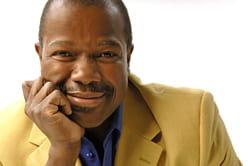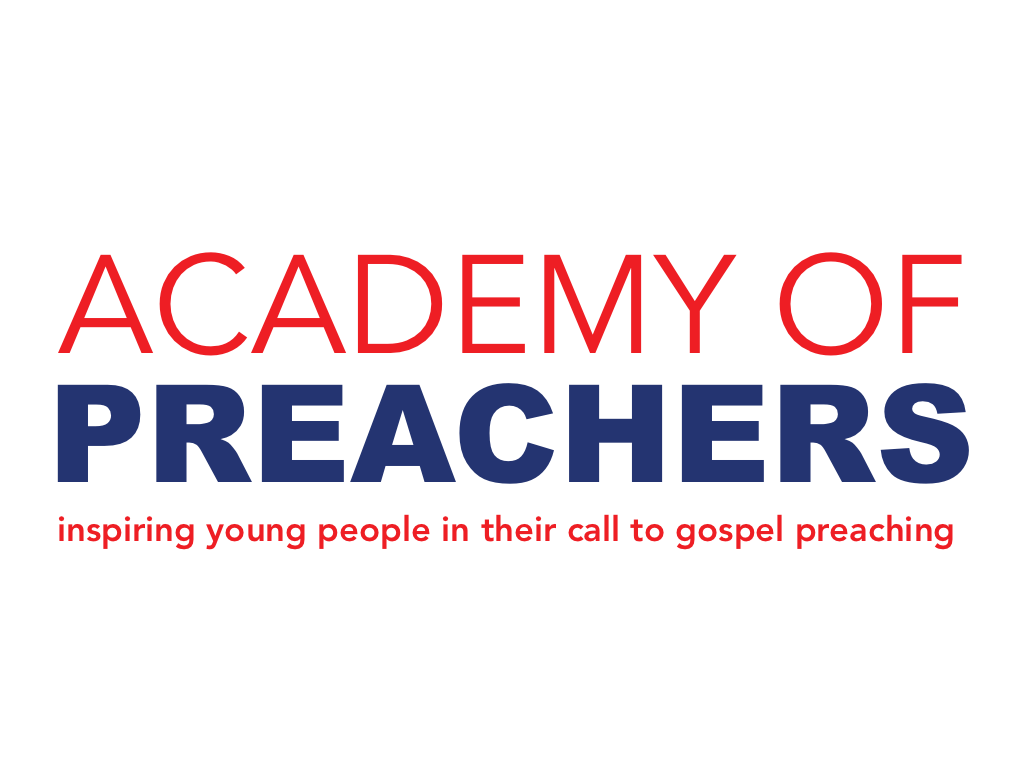The 2018 National Festival of Young Preachers featured many dynamic masterclasses led by experts and practitioners in a variety of fields related to preaching and Christian ministry. Dr. Everett McCorvey—AoP National Festival Music Director, Director of the American Spiritual Ensemble, University of Kentucky professor and world-renown expert in sacred and operatic music—presented a masterclass in the “Music, Arts and Preaching” track titled “The Theology of Hymns.”
Dr. McCorvey’s masterclass focused on hymns as a particular genre of sacred music; however, the following “10 Key Questions” from his presentation offer valuable insights that are applicable across worship styles and musical genres.
1 – What theology is expressed in your congregational singing?
Intentionally evaluate songs you are considering engaging a worship service with a focus on the theology they express directly and indirectly. Are the theological messages of the songs you are considering consistent with the theology you intended to preach and teach?
2 – Is there sufficient pastoral breadth in our music ministry?
Songs can be a source of pastoral ministry. Identify songs that speak into real-life moments, songs that reflect the moods, trials, and joys being experienced by those in your church.
3 – Is there liturgical breadth?
Select songs that fit in with your church’s liturgical style. If you follow the liturgical calendar, don’t sing songs out of season (like singing a resurrection hymn pre-easter). When participating in sacraments, use songs that enhance and inform the experience.
4 – Is there sufficient historical, cultural, and generational breadth?
The songs you choose can connect your church as the body of Christ, both internally – to each other across cultures and generations – and externally – to the church around the world and throughout history.
5 – Is the language of our hymns inclusive?
Be sure to consider those who may feel excluded by the language used in the songs. Prioritize hymns/songs that make use of the full range of Biblical imagery for God.
6 – Are we providing our congregations with a sufficient vocabulary of praise?
Everett asks, “Can the text (of the song) stand on its own.” The songs you choose should have something to say about God, and say it in a way that is easily understood.
7 – Does the music serve the text?
Music can illuminate the words being sung. The music should match and serve the mood and ideas being presented by the words.
8 – Does our music encourage corporate worship?
The song should encourage corporate singing, rather than simply providing a platform for singers and musicians to display skill and virtuosity. This isn’t to say that you can’t or shouldn’t select any songs that are about individual expressions of faith. Just be intentional with what you are choosing and why you are choosing it.
9 – Is the music appropriate to the ability of the congregation?
Simply put – don’t select songs your church can’t sing. Some keys are better than others, some songs are easier than others, and some churches are better at singing than others. A certain key may sound great for your high tenor worship leader, but everyone else in the church may be struggling. Keep the congregation’s singing ability in mind.
10 – Do the hymns and choruses we sing assume and encourage growth in discipleship?
Teaching a congregation a new song – with all the struggles and joys that come with it – can model the path of discipleship. When you introduce new songs, select ones that will help to teach and disciple the church in needed areas.
These questions are meant as guidelines to help you evaluate the music in your church. How does your church’s music stand up to these questions?
*This article was based on Everett McCorvey’s Master Class at the 2018 National Festival of Young Preachers. Commentary by Nick Bettis.
*The views and opinions expressed here are solely those of the author(s) or speaker(s) and do not represent the beliefs or positions of the Academy of Preachers. The distribution of content by Academy of Preachers is an effort to fulfill our mission to Identify, Network, Support, and Inspire young people in their call to gospel preaching. Our network and participants are widely diverse in geography, ethnicity, culture, gender, theology, tradition, and practice. We give space for those in our network to contribute their unique voices to a global conversation on gospel preaching and Christian ministry.
About Everett…
 Dr. Everett McCorvey is a native of Montgomery, Alabama. He received his bachelor’s, master’s, and doctoral degrees from the University of Alabama. He is a professor of voice at the University of Kentucky and the director and executive producer for the University of Kentucky Opera Theater. Dr. McCorvey is the founder and music director of the American Spiritual Ensemble. With his wife, Alicia Helm, Dr. McCorvey has given concerts, master classes, and workshops throughout the United States, Europ, South America, and Asia. Everett and Alicia have three children.
Dr. Everett McCorvey is a native of Montgomery, Alabama. He received his bachelor’s, master’s, and doctoral degrees from the University of Alabama. He is a professor of voice at the University of Kentucky and the director and executive producer for the University of Kentucky Opera Theater. Dr. McCorvey is the founder and music director of the American Spiritual Ensemble. With his wife, Alicia Helm, Dr. McCorvey has given concerts, master classes, and workshops throughout the United States, Europ, South America, and Asia. Everett and Alicia have three children.
